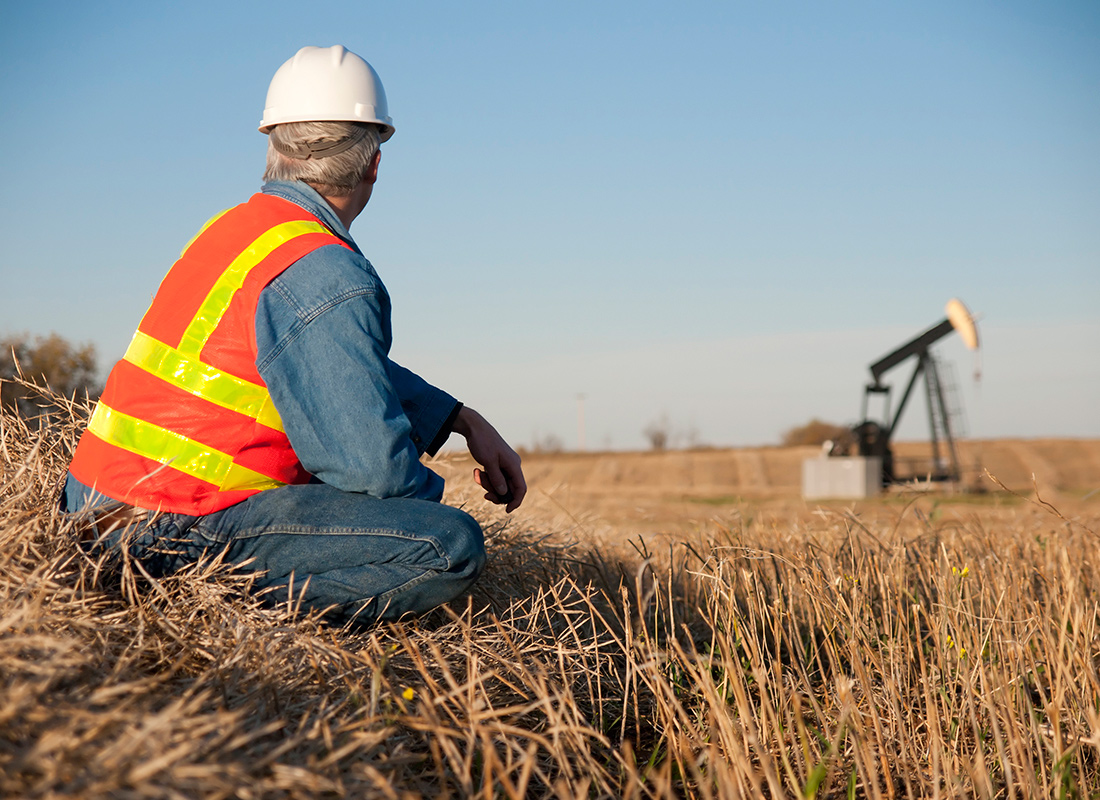All Categories
Featured
Table of Contents
Geophysical Surveys For Planning & More in Joondalup Oz 2020
This work is significantly contracted out, so consultancies supply another source of work. Consultancy companies differ in size, from extremely small companies to big multinationals. Some consultancies are rather specialised in utilizing particular geophysical methods or working in particular locations, while others provide a more varied range of services to their customers.
The extraction of gas from landfill sites is another location of employment and this may grow in the future. Expedition business may undertake work for building and construction companies, public utility, mining business and ecological companies, so geophysicists may be employed in any of these settings. Other companies include: geological surveysgovernment bodies and agenciesuniversities and research institutes.


Jobs might be listed in the oil and gas sector press. Recruitment is impacted by oil cost changes and the level of competitors for positions varies depending on this. Professions Days, which cover the complete range of geoscience professions and are typically participated in by a number of essential industry employers, are run by The Geological Society.
Recent Advances In Optimized Geophysical Survey Design in Burswood WA 2023
Some of the large oil and gas business offer a full two-year structured training program across the breadth of geophysics, including the opportunity to experience operate in different teams before specialising in one area. Your training may consist of deal with: existing wellsmagnetic and gravitational prospective field information analysisresearchrock analysis. It's more normal for your initial training to be offered on the job.

There might be a probationary period during which you work alongside a knowledgeable coworker. Competency-based appraisals happen routinely in most companies. In smaller sized firms, and for scholastic posts, there is not likely to be any formal training - you'll be anticipated to start work straightaway and get abilities as you go along.
If you work for a smaller sized business, you may find that you require to take duty for setting up and funding your own development and training. If you have a geology degree, membership of The Geological Society can be beneficial for networking and for keeping up to date with the industry.
Geophysical Survey Requirements In California Waters in Mount Claremont WA 2020
You might also find it helpful to join the PESGB (The Petroleum Exploration Society of Great Britain, which has a geophysics unique interest group. After a probationary duration, and once you have actually gotten some experience, you could advance to senior geophysicist, then group leader and then into a senior function in management.
The ease of movement between roles depends upon the company structure. Study at Masters or Ph, D level in a subject related to geophysics or geosciences might aid with your profession development and progression. The work market within the oil and gas industry is really dependent on cost and this may affect your opportunities for career development.
For skilled geophysicists, freelance consultancy uses a good route for career advancement. As a geophysicist, you're most likely to have a number of jobs throughout your working life.
Geology And Geophysics - Careers And Employment in Warnbro WA 2023
From geophysics, it's possible to focus on seismology (finishing further training to end up being a seismic interpreter) or to move into associated locations such as engineering geology or threat forecast.
Deciding what to study in college is a difficult option. Even if you understand that your field of interest lies in science, what program of study is right for you?
The first action to accomplishing your goal of ending up being a geophysicist is making a degree. Even for entry-level positions in the field of geoscience, you'll need a bachelor's degree (a geophysicist college degree) from a recognized college or university. Geophysicists should be able to: analyze rocks, photographs, and other pieces of data conduct research study both in the field and in laboratories create maps and charts of their findings compose reports To accomplish all this, trainees require a specialized education for geophysicist professions.
As stated above, you'll need a bachelor's degree in geoscience or an associated discipline, such as a physical science or a life sciences, to land an entry-level job. However trainees can also prepare by learning topics like: Biology Chemistry Computer science Engineering Mathematics Physics The above geophysicist majors use a more generalized method to a single clinical discipline, however the majority of programs require students to take one or more geology course.
Latest Posts
Geophysical Exploration in Hocking Australia 2022
5 Surface Geophysics in Sorrento WA 2021
Consumer Guide To Geological And Geophysical Services ... in Safety Bay Western Australia 2020